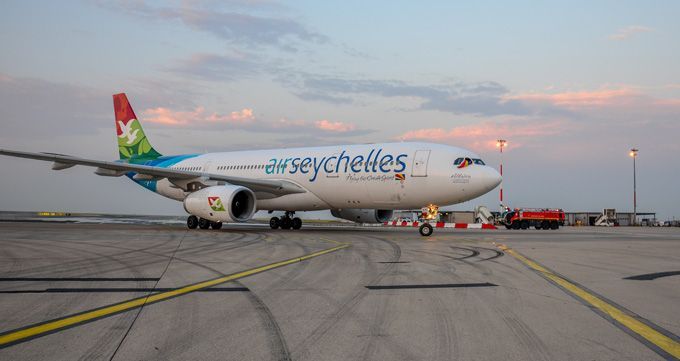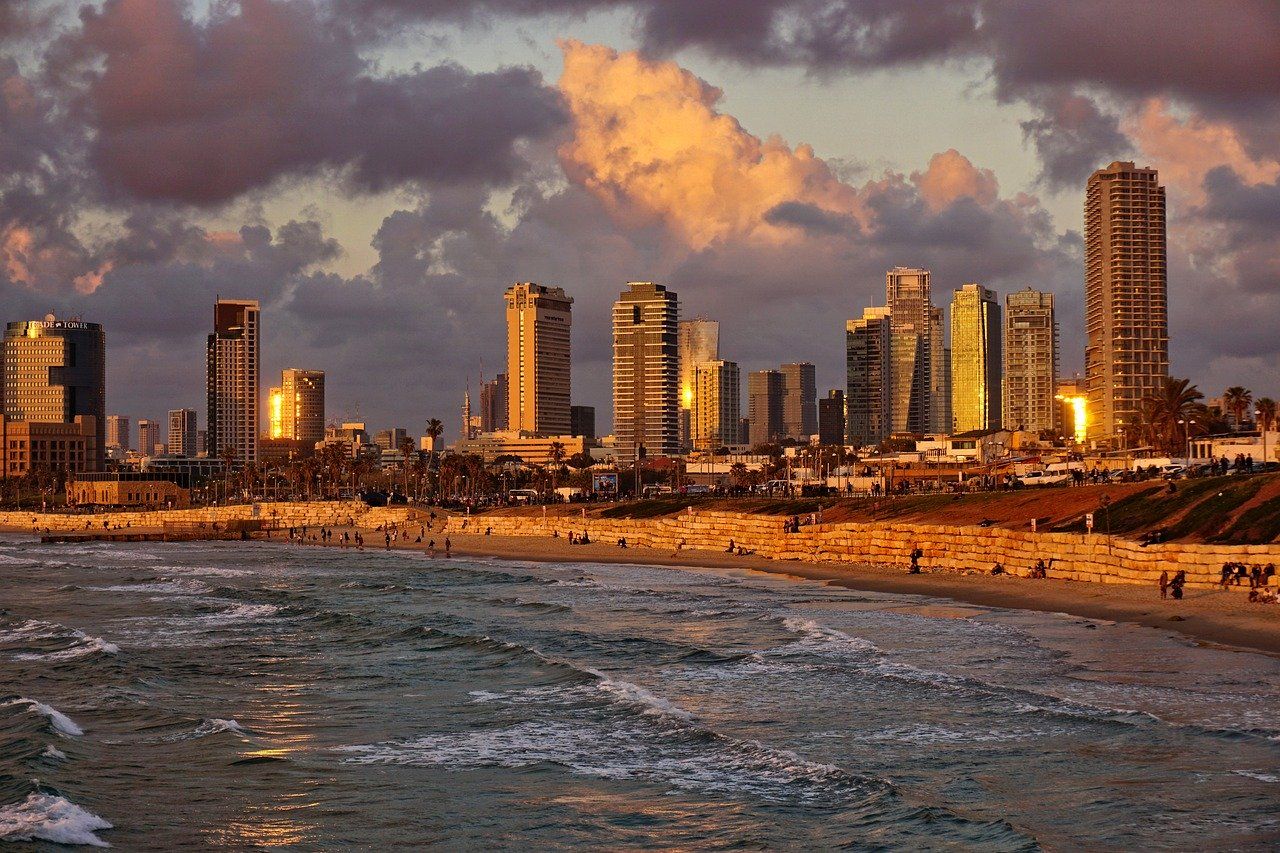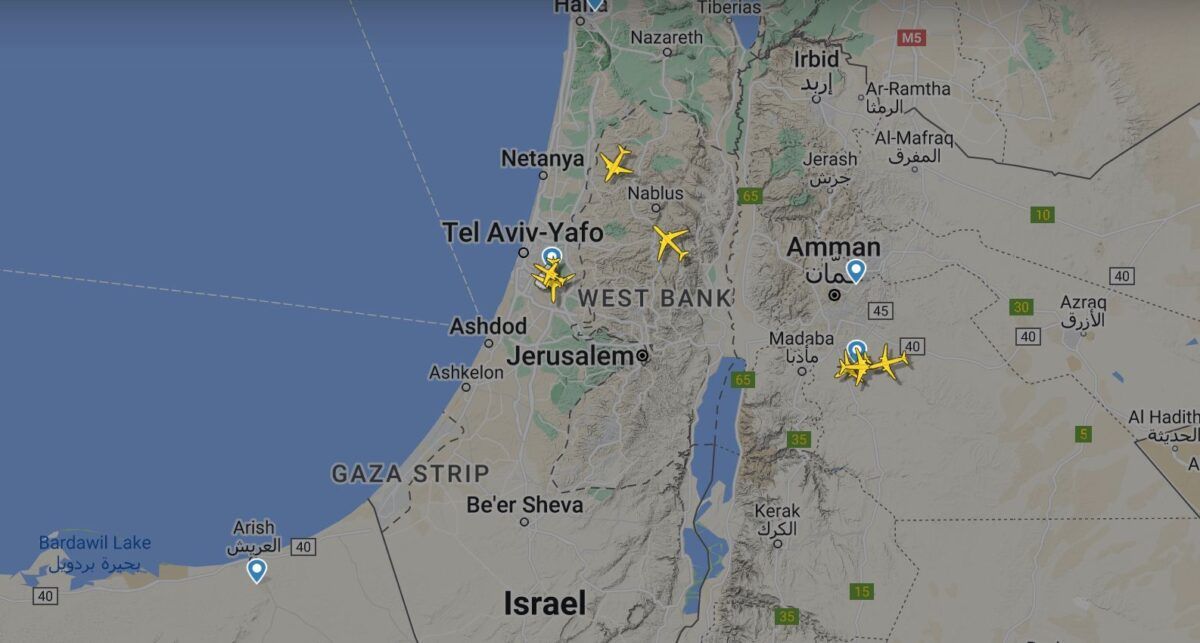In a shocking turn of events, the recent Hamas attack on Israel has caused a significant disruption in the nation’s tourism sector. Just a few weeks prior, there was optimism that tourism could serve as a bridge to mend relations between Israel and the broader Middle East.
However, the unexpected Hamas assault has resulted in over 1,000 confirmed deaths, bringing the tourism industry to a standstill and further diminishing hopes for regional stability.
Israeli Prime Minister Benjamin Netanyahu declared, “Citizens of Israel, we are at war — not in an operation, not in rounds — at war,” following the Hamas group’s onslaught on various parts of Israel, including the capital, Tel Aviv. A particularly harrowing incident occurred in the south, where Hamas militants attacked a festival attended by over 3,000 individuals. Rescue agency Zaka reported that over 260 bodies were recovered from the festival site, with several others taken hostage.
The international response has been swift, with many countries advising their citizens to avoid travel to Israel. Major airlines worldwide have suspended their routes to the nation. For instance, American Airlines, Delta, United, and Air Canada have all temporarily halted operations to and from Tel Aviv. Other carriers like Lufthansa, British Airways, Air India, and Cathay Pacific have also made adjustments to their flight schedules in light of the situation.
Israel’s tourism sector had shown promising signs of recovery, with 2.7 million tourists visiting in 2022 after the easing of Covid restrictions. This influx brought $4 billion into the economy, setting the stage for a potential record-breaking year in 2023. However, the recent attacks have cast a shadow over these aspirations. As of August 2023, tourism numbers were reported to be 4%-7% lower than pre-Covid levels in 2019.
The country’s tourism minister had recently unveiled a plan to attract seven million tourists by 2030, with a particular emphasis on Asian markets. The Americas and Europe have traditionally been Israel’s largest source markets. However, recognizing the potential of the Chinese market, Israel had been making concerted efforts to appeal to Chinese tourists. Before the pandemic, 2019 saw a record-breaking influx of over 150,000 Chinese visitors.
In light of the recent events, airline companies responded immediately. Turkish Airlines announced additional rights for passengers traveling to and from Tel Aviv. These rights include free cancellations, postponements, and reservation changes for those who had bookings on Turkish Airlines or Anadolu Jet Tel Aviv flights between Oct. 7 – 9. The airline also confirmed that flights were delayed due to issues at Tel Aviv Ben Gurion Airport.
American Airlines: “Operations to and from Tel Aviv are suspended. We’re monitoring the situation and will adjust as needed. Check aa.com or our app for flight status.”
Delta: “We’re adjusting our Tel Aviv flight schedules. Affected customers can use the Delta app, visit Delta.com, or call for changes. We’ll assist U.S. citizens with repatriation if needed.”
United: “Flights to Tel Aviv are suspended until further notice.”
Air Canada: “We’re closely watching the situation and will adjust plans accordingly. We’ll resume Tel Aviv flights once it’s stable.”
Lufthansa, SWISS & Austrian: “All flights to and from Tel Aviv are canceled until October 9th, 2023. We prioritize the safety of our guests and crew.”
British Airways: “We’re monitoring the Israel situation and offer flexible booking. Today’s Tel Aviv flight was canceled, but future flights may operate with changes.”
Air India: “Tel Aviv flights are suspended until October 14, 2023, for safety reasons.”
Hainan Airlines: “Our Tel Aviv to Shanghai flight on Monday is canceled. We have three routes between China and Israel, including Shenzhen to Tel Aviv and Beijing to Tel Aviv.”
Cathay Pacific: “Our Hong Kong to Tel Aviv flight for Tuesday is canceled. Updates for Thursday’s flight will follow.”
Korean Air: “Our Monday flight from Incheon to Tel Aviv is canceled. Future flights may have schedule changes.”
The Palestinian group Hamas revealed that it had initiated Operation Al-Aqsa Flood, targeting enemy sites, airports, and military installations. This was in retaliation to what they perceived as the desecration of the Al-Aqsa Mosque and increased settler violence. The Israeli army responded with Operation Swords of Iron against Hamas. The conflict has resulted in significant casualties on both sides.
Hamas’ military wing, the Izzeddin al-Qassam Brigades, claimed responsibility early Monday for a rocket attack on Israel’s Ben Gurion International Airport in Tel Aviv.
The Al-Qassam Brigades announced on Telegram that they launched a rocket attack on the airport in response to ongoing Israeli attacks on civilians in Gaza.
The unfolding situation in Israel serves as a stark reminder of the fragile nature of peace and the profound impact geopolitical events can have on industries like tourism. As the world watches, there is hope for a swift resolution and a return to stability in the region. (AA)













